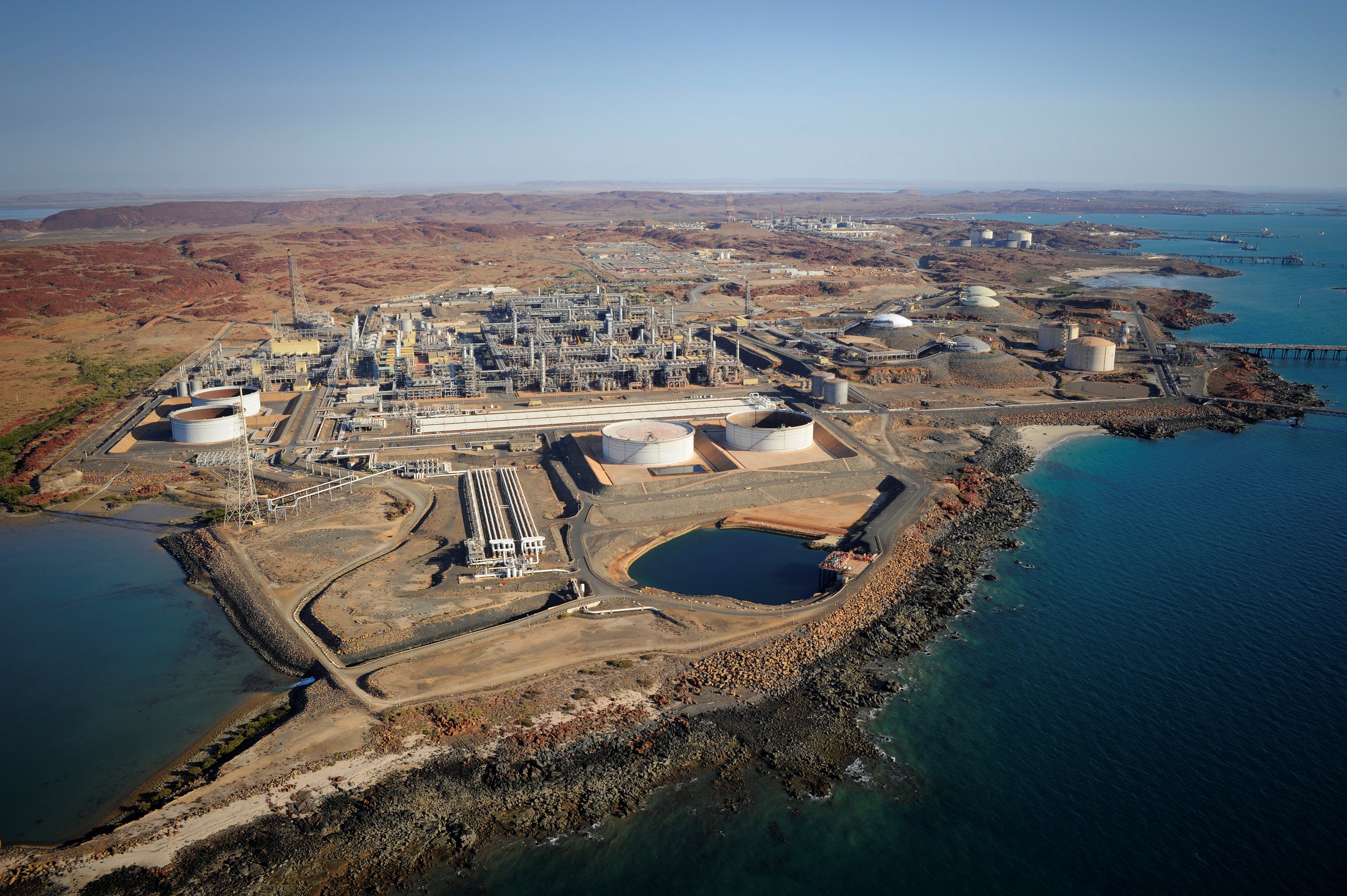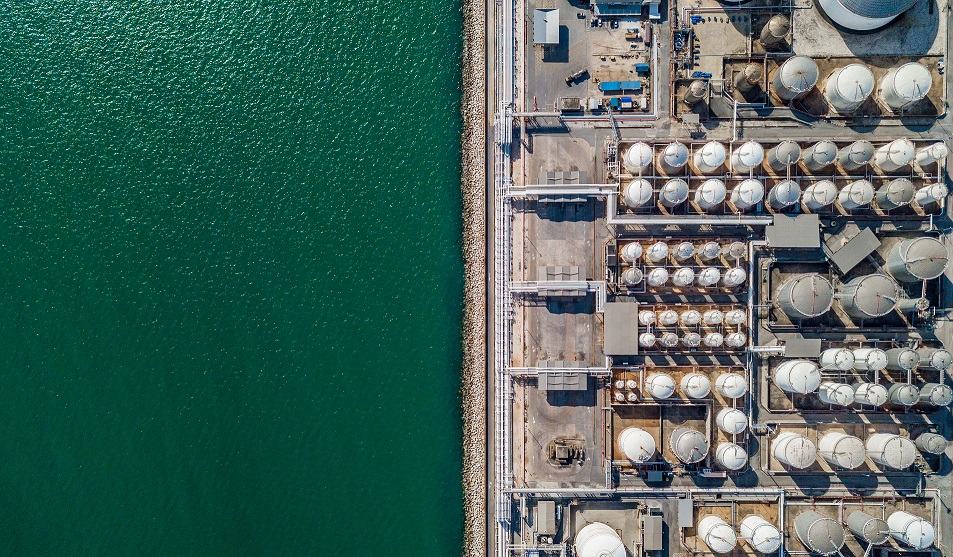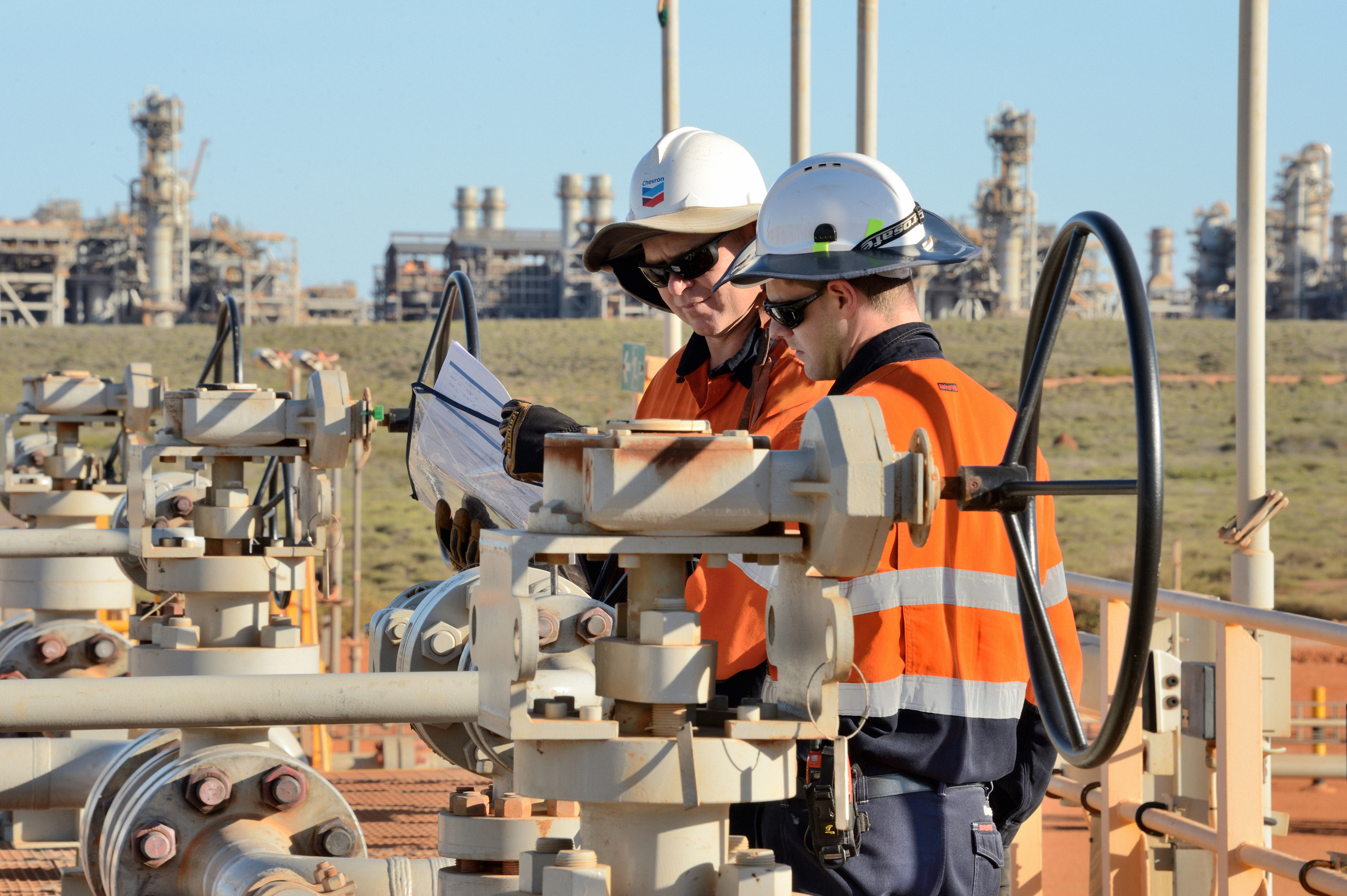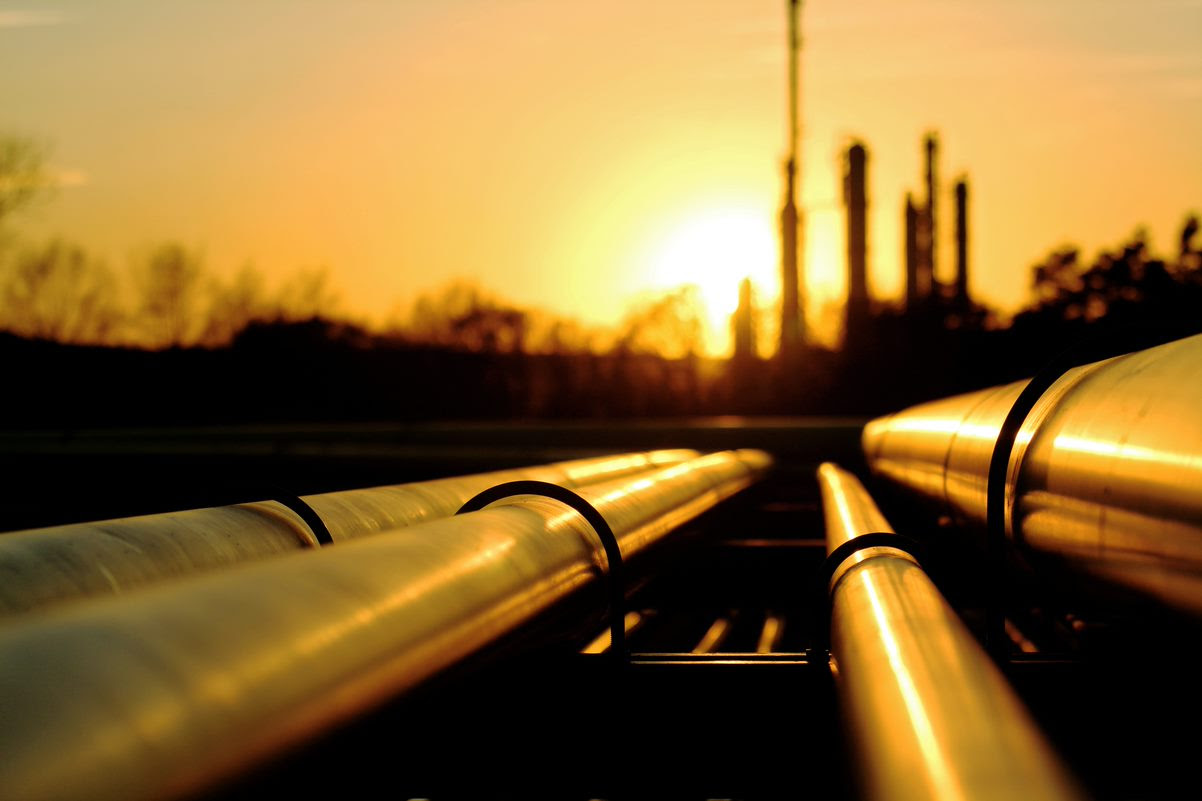Woodside, in tandem with BP and Japanese corporate partners MIMI, are looking into the feasibility of developing carbon capture and storage technology to offset emissions on the North West Shelf.
Australia’s largest independent oil and gas producer has revealed that a study with Japan Australia LNG (MIMI), a joint venture comprising Mitsubishi and Mitsui, will look into the prospects of developing a multi-user, offshore facility near Karratha to mitigate emissions from numerous industries in the region.
The companies involved in the mooted investigation said in a statement that CCS would also “help the development of new lower-carbon industries, such as the production of hydrogen and ammonia, by providing a local solution for emissions.”
The companies announced their intentions at the same time as COP26 in Glasgow, from where the BBC reported that the fossil fuel industry had the largest delegation of any industry with 503 representatives among the 40,000 attendees.
Included were 100 oil and gas, or related, companies, 30 trade associations and fossil fuel lobbyists. Notable absentees at the Scotland gathering were Vladimir Putin and Xi Jinping, leaders of Russia and China respectively.
Agreements on ending deforestation by 2030, phasing out coal power and the establishment of a fund to assist developing nations were reached the summit in a document dubbed the “Glasgow pact”.
If anything, the latest developments for the Northern Carnarvon basin of Australia signals longer-term intentions for the Woodside-operated North West Shelf project, which also counts BHP, BP, Chevron, Shell and MIMI as JV partners.
Woodside has said it is working towards net-zero emissions targets by 2050 and CCS is clearly seen as a significant technological enabler in this endeavour.





